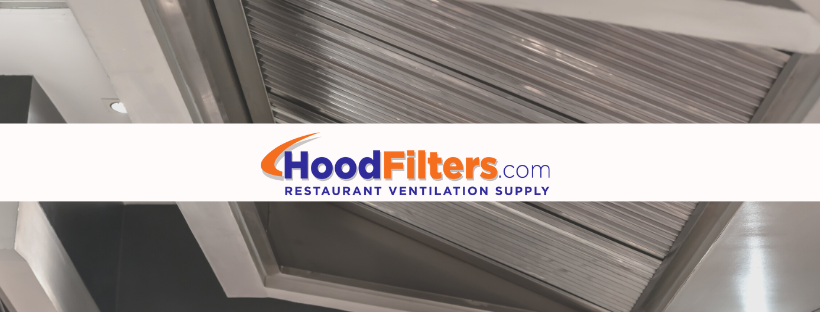We all know how important fire safety is in any commercial kitchen setting. Given the high cooking temperatures, flammable oils, and constant hustle and bustle, commercial kitchens often become a fire hazard hotspot. As a result, understanding and adhering to fire safety standards is not just a legal requirement but a crucial aspect of running a safe and efficient operation. In this article, we’ll look the role of hood filters in fire safety and the key commercial kitchen fire safety standards you should know. Continue reading
Tag: commercial kitchen fire safety
Without regular cleaning, commercial kitchen and restaurant exhaust hoods and duct work can become can become clogged with dirt, smoke, and grease buildup which can lead to inefficient hood operation and an increased fire risk.
But because so much of the hood and exhaust system is unseen, it can sometimes be a little hard to understand what’s going on and why hood cleaning is so important. Thankfully, the folks over at Cleaning Services Group have created this helpful infographic to help you see the importance of kitchen extraction cleaning including some signs to look for that your system is overdue for a cleaning, and a few helpful exhaust system maintenance tips. Continue reading

Your First Line of Defense Against Fire the Restaurant Fire Suppression System
The first line of defense against a fire in your commercial kitchen is always going to begin with regular cleaning of your ventilation duct work, vent hood, and hood filters to keep them free of grease and dirt build-up. By keeping your ventilation system clean, you significantly reduce your risk of fire as well as ensure that your system will work efficiently and effectively.
While maintaining a proper maintenance and cleaning schedule are a top priority, it is also important to make sure you are using the correct type of commercial ventilation hood and hood filters. For any cooking appliances that produce smoke, grease and oil effluent, such as a broiler, grill, or wok, you are required to have a Type 1 hood with grease filters. Continue reading
Duct access doors are required in all restaurant and commercial kitchens with cooking applications that produce smoke or grease. Even if your cooking operations don’t produce grease or smoke you still might want or need one.
There are many reasons you may want to access the inside of your duct system and grease duct access doors are the perfect solution to gaining easy entry.
But duct access doors are not one-size-fits-all. If you have round ducts, you can’t use a duct access door that is designed to fit flat ducts. That would result in a poor seal and wreak havoc on the air balance of your restaurant hood system.
It also would not meet the minimum NFPA fire code requirements for systems exhausting smoke and grease laden air. For a grease-proof, leak-proof, airtight fit on a round duct, you need a round grease duct access door.

We all know it’s important to keep fats, oils, and grease off of your rooftop but it shouldn’t be difficult or expensive. With the Grease Gutter 360 rooftop grease containment system, it’s easy, efficient, and affordable!
Featuring a 360-degree duct design, this high quality grease containment system is made to withstand the demanding conditions of commercial or industrial cooking operations and protect your roof system for years to come. Continue reading

